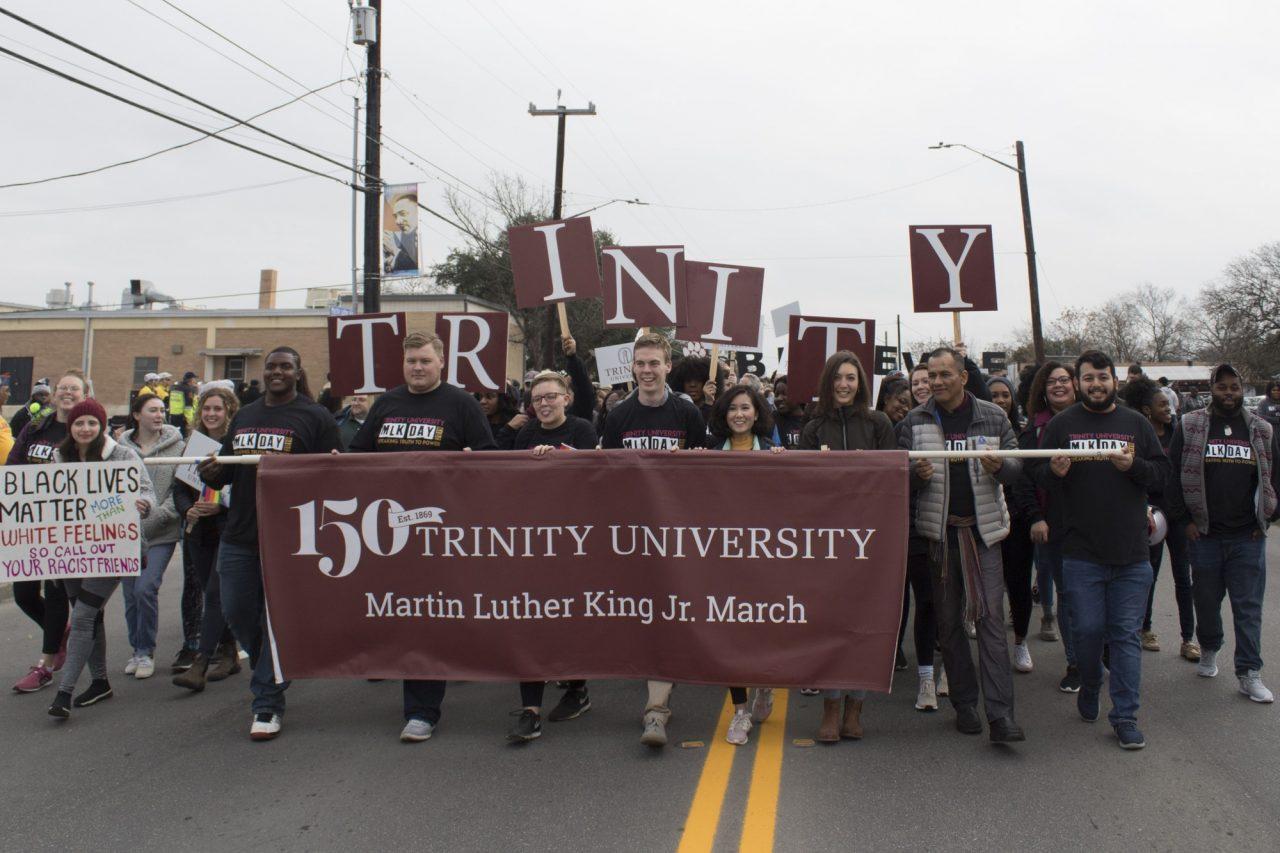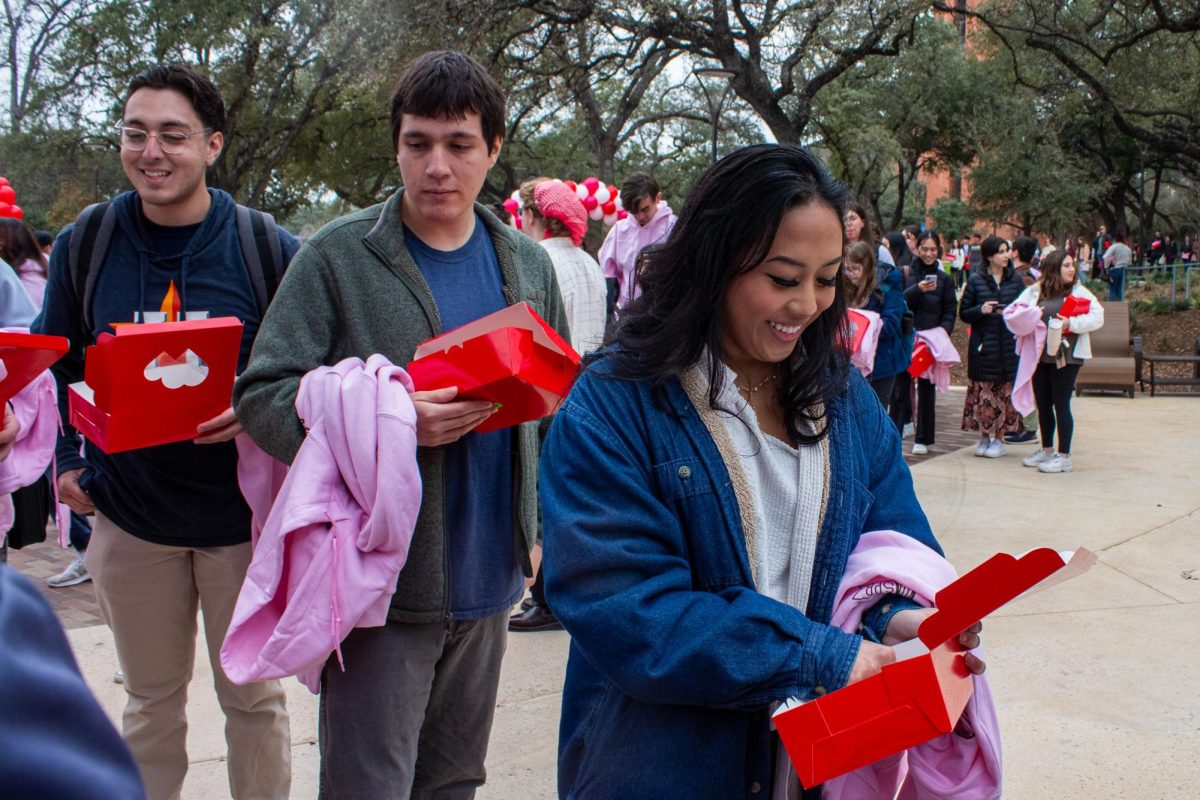Photo by Matthew Claybrook
Around this time in the semester, the “new year” is beginning to look less and less new. We students are getting back into the habit of going to class, doing our homework, going to work and slowly forgetting about those treasured resolutions we made a few weeks ago. We’ve all been there: we start the year with big goals, but once the everyday demands of life come back around, it becomes harder and harder to keep up. These things happen, and there’s not really much harm done by this forgetfulness. But it seems as though, recently, even the causes most important to us are slipping out of our collective grasp.
We’re living in a time and place where taking political action (such as protests, marches and speeches) is seen as beneficial, even admirable, among our peers. As a result, we proudly post pictures of ourselves going to political events, holding up signs with clever hand-written sayings that support our political beliefs in fun and memorable ways. But more often than not, the degree to which we “take action” begins and ends with the most visible events, the ones where we get to hang out with our friends and the ones that we can post about and feel good about ourselves for “making our voices heard.”
Is this enough? Sure, these high-profile marches and demonstrations are great shows of support for a certain cause, but how much real change does it do if you go back to your “normal” life after a march and don’t do anything else to help enact the changes you want to see? Yes, attending the annual MLK march is a fantastic way to celebrate the countless accomplishments of Martin Luther King Jr. and devote yourself to continuing his vision and legacy, but without any actions outside of that march, it is simply a superficial way to fill your “woke” quota and call it a day.
Many pundits and commentators often talk about our current era as extremely “politicized,” claiming that politics has seeped into every aspect of our lives, from the tragedies of mass shootings in the United States to the act of kneeling at an NFL game. The underlying connotation of this term is inherently negative: it implies that politics should not surround us, that people blow things out of proportion for the sake of argument.
But the fact of the matter is that our entire lives are unavoidably political. Politics is the dynamics of power, and every decision you make affects these dynamics in some way. If you go clothes shopping, you might buy a shirt that was manufactured in an impoverished nation with underpaid sweatshop laborers. Every time you fill up a tank of gas, you are supporting a petroleum industry that actively works to prevent public knowledge of climate change. Whether we like it or not, politics is a reality that we interact with daily, and the results of those shifting scales of power create real consequences for those with little to no power in the world.
As over-used and cheesy as that saying “be the change you want to see in the world” is, it really does mean something to change the everyday habits of your life to better align with causes you believe in. Perhaps because we feel as though the world is too political, we sequester our political actions to one event on a weekend, once per year. Maybe we feel as though that is the only way to live peaceful and happy lives, free from nasty political quarreling. But the reality is that our privilege as college students allows us to overlook all of the real harm that the injustices of the world enact on people. The only way we can work to prevent this harm is by being disruptive towards the status quo, using our voices to more loudly support those who lack a voice.












